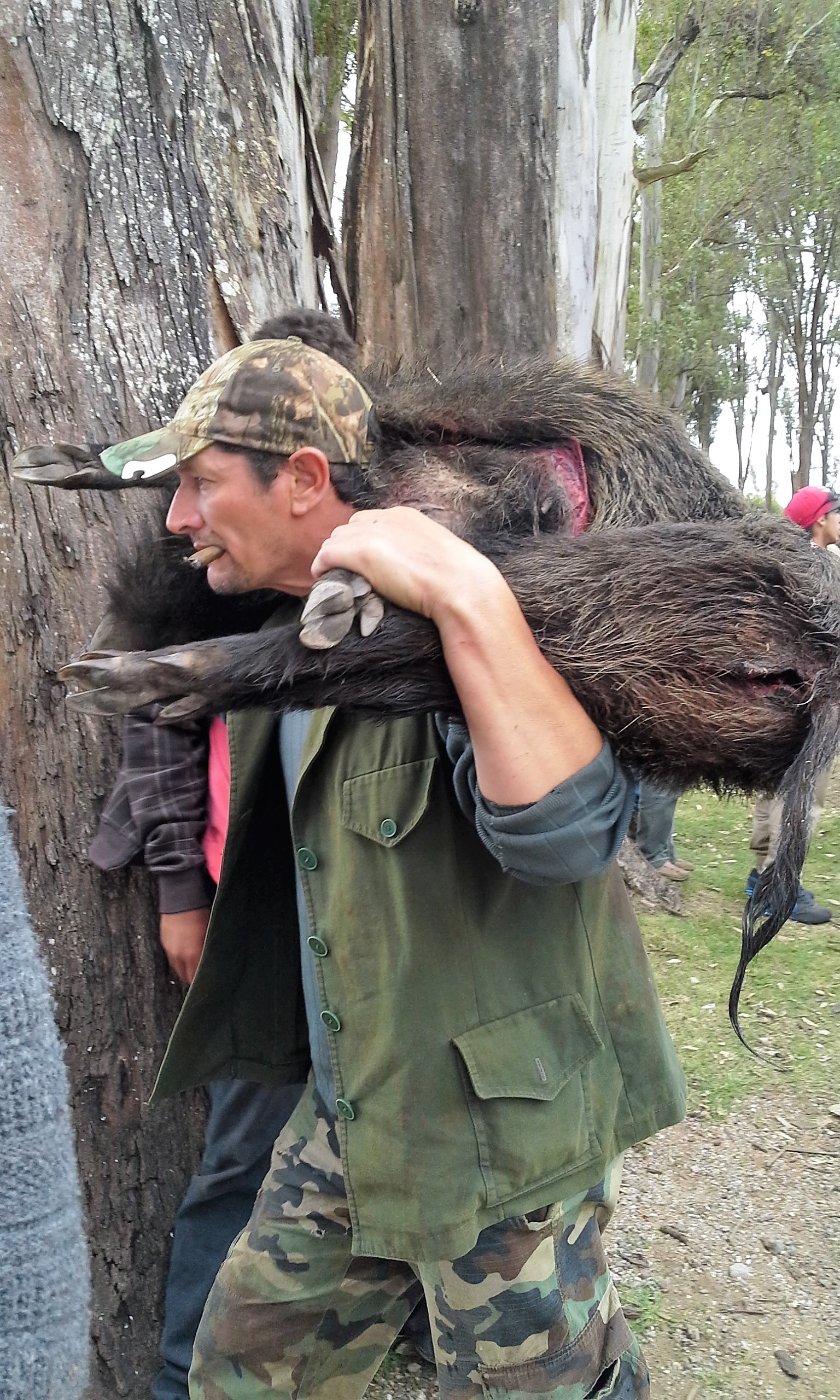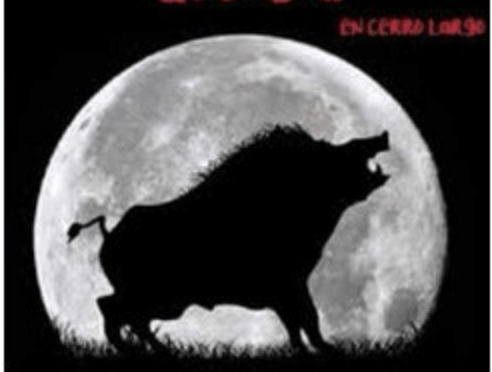Wild Boars in the Anthropocene: New Paper Examines the Beastly Label and Its Sociopolitical Impact
Assistant Professor Juan Martin Dabezies explores the semiotics of wild boar eradication.
As human actions continue to shape ecosystems, wild boars have become a significant topic in wildlife management. In the article, “The Weight of Beastly Traits: Biopolitics and Imaginations Around Wild Boar Hunting in Uruguay” published in Society & Animals, Assistant Research Professor Juan Martin Dabezies explores wild boars as "beasts of the Anthropocene," focusing on their physicality and the policies aimed at controlling their populations.
Dabezies explained, "My main motivation was to analyze the cultural, ecological, and historical processes that lie behind non-human tolerance and the definition of public policies.” In Uruguay’s hunting and conservation communities, wild boars are often viewed as intimidating and dangerous, influencing management practices.
By examining how wild boars are framed as targets for eradication, Dabezies highlights the evolving perceptions of these animals. He noted, "This research can be used to rethink the categories and meanings with which we relate to non-human beings. Every qualifier is rooted in historical processes but has implications for future relationships and attitudes."
 In Uruguay, the hunting community often presents itself as a protector of biodiversity and agricultural interests, which helps justify the measures against wild boars. Dabezies argues that this framing is crucial for understanding their management strategies.
In Uruguay, the hunting community often presents itself as a protector of biodiversity and agricultural interests, which helps justify the measures against wild boars. Dabezies argues that this framing is crucial for understanding their management strategies.
The research also addresses the broader implications of labeling non-human species. Dabezies observed, "In a world where ecological and social conflict is growing, bringing new perspectives to understand the historical relationship between dogs, humans and wild boars allows us to project greater interspecific tolerance."
Dabezies' paper suggests that the concept of "beastliness" is central to managing wild boar populations. The way these animals are described and perceived affects policy decisions and public attitudes. He said, "Analyzing the semiotics and practices of these more-than-human entanglements allows us to rethink ourselves as a species in the Anthropocene." Understanding these dynamics is essential for developing effective wildlife management strategies and fostering interspecific tolerance.
Published on Thu, 08/22/2024 - 15:00


